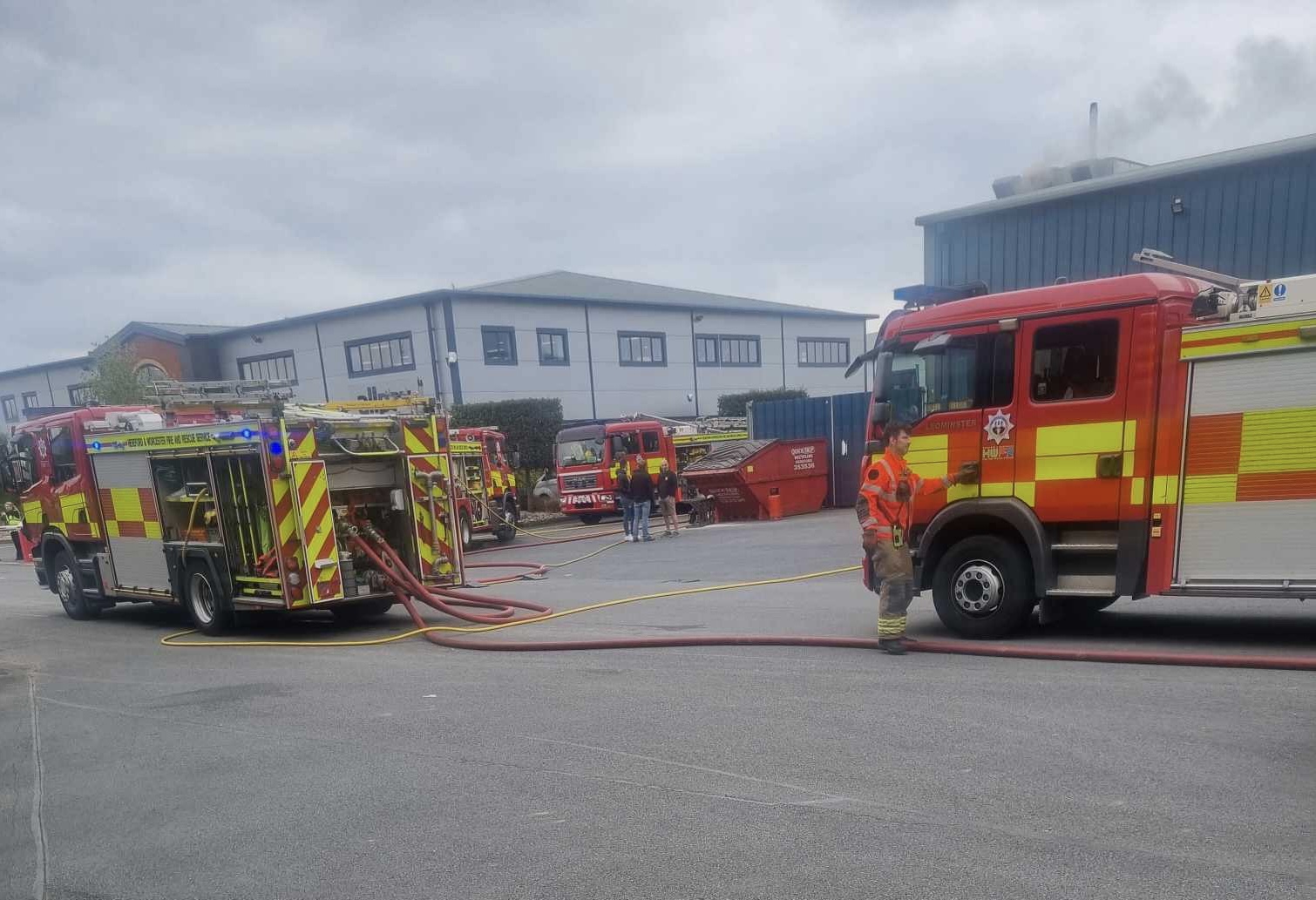The UK Health Security Agency (UKHSA) and the Met Office have issued a Level 2 heat-health alert for the South West, East Midlands, West Midlands, North West and Yorkshire and the Humber regions.
A Level 3 alert has also been issued for the East of England, South East and London regions, which were all placed under a Level 2 alert yesterday (Thursday 7 July).
Both alert levels are currently in place from 9am on Monday 11 July until 9am on Friday 15 July, with warm weather forecast across the country throughout the course of next week.
Dr Agostinho Sousa, Head of Extreme Events and Health Protection at UKHSA, said:
Heat-health alerts have now been issued to the majority of the country, with temperatures set to remain consistently high throughout the duration of next week.
Most of us can enjoy the hot weather when it arrives, but it is important to keep yourself hydrated and to find shade where possible when UV rays are strongest, between 11am and 3pm.
If you have vulnerable family, friends and neighbours, make sure they are aware of how they can keep themselves protected from the warm weather.
The top ways for staying safe when the heat arrives are to:
- look out for those who may struggle to keep themselves cool and hydrated – older people, those with underlying conditions and those who live alone are particularly at risk
- stay cool indoors by closing curtains on rooms that face the sun – and remember that it may be cooler outdoors than indoors
- drink plenty of fluids and avoid excess alcohol
- never leave anyone in a closed, parked vehicle, especially infants, young children or animals
- check that fridges, freezers and fans are working properly
- try to keep out of the sun between 11am to 3pm, when the UV rays are strongest
- walk in the shade, apply sunscreen and wear a wide-brimmed hat, if you have to go out in the heat
- avoid physical exertion in the hottest parts of the day
- make sure you take water with you if you are travelling
- take care and make sure to follow local safety advice if you are going into the water to cool down
- check medicines can be stored according to the instructions on the packaging
More information on the common signs and symptoms of heat exhaustion and heatstroke are available on NHS.UK.
UKHSA’s Beat the heat checklist identifies suitable actions people can take to protect themselves during periods of hot weather.
Read our COVID-19 and summer temperatures blogfor advice on how to stay well in hot weather.
Previous
Thursday 7 July 2022
A Level 2 health-alert in 3 regions of the country has today been issued by the UK Health Security Agency (UKHSA), with the Met Office forecasting high temperatures throughout next week.
The alert is in place from 9am on Monday 11 July until 9am on Friday 15 July, and covers the East of England, South East and London regions.
Dr Agostinho Sousa, Head of Extreme Events and Health Protection at UKHSA, said:
We want everyone to enjoy the hot weather when it arrives, but also to check in on their vulnerable family, friends and neighbours to make sure they are prepared for the warm conditions ahead.
High temperatures are predicted for a prolonged period, so make sure to follow our simple health advice to beat the heat, such as covering windows exposed to direct sunlight and making sure that fridges, freezers and fans are working properly.
David Oliver, Deputy Chief Meteorologist at the Met Office, said:
We’re at the start of a stretch of warm weather for much of England and Wales, that could last for much of next week.
In the short term, many can expect temperatures in the mid to high 20s Celsius over the weekend and then in the low 30s Celsius during the start of next week. Much of next week will remain warm for the time of year, as well as dry and sunny.
To prepare for the warm weather ahead, you can:
- shade or cover windows exposed to direct sunlight – external shutters or shades are very effective, internal blinds or curtains are less effective but cheaper and easier to install
- check that windows or vents can be opened
- if applicable, check mechanical ventilations systems are switched on and operating in summer mode
- check that fridges, freezers and fans are working properly
- check medicines can be stored according to the instructions on the packaging
More information on the common signs and symptoms of heat exhaustion and heatstroke are available on NHS.UK.
Read our COVID-19 and summer temperatures blogfor advice on how to stay well in hot weather.
Contains public sector information licensed under the Open Government Licence v3.0.




